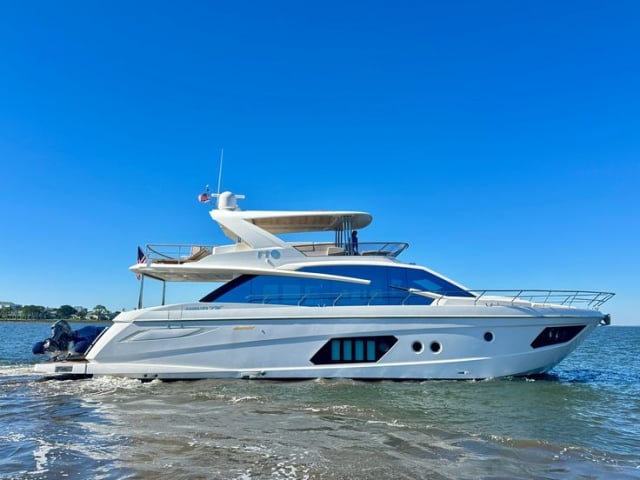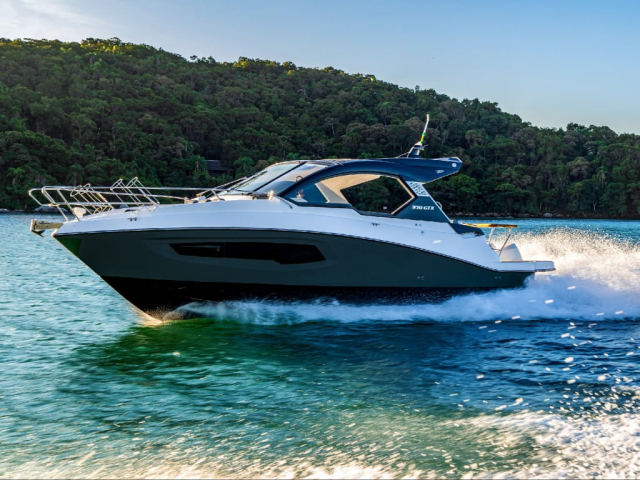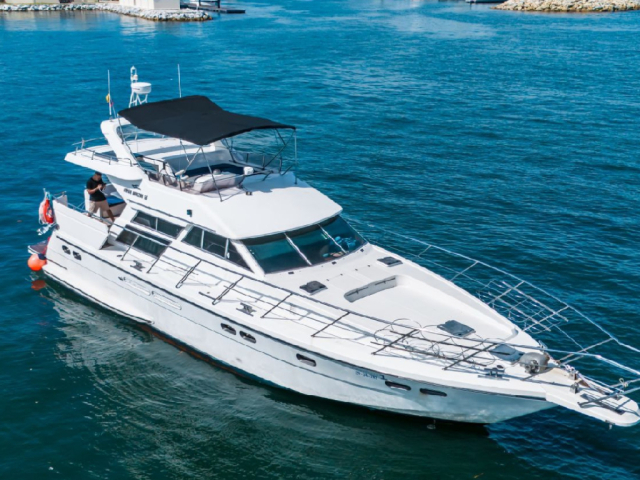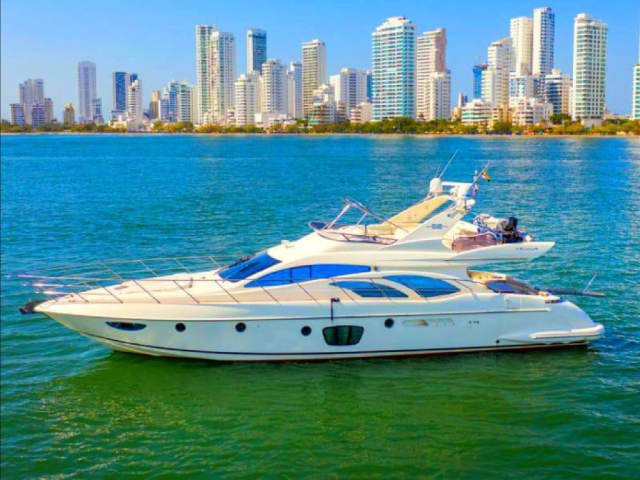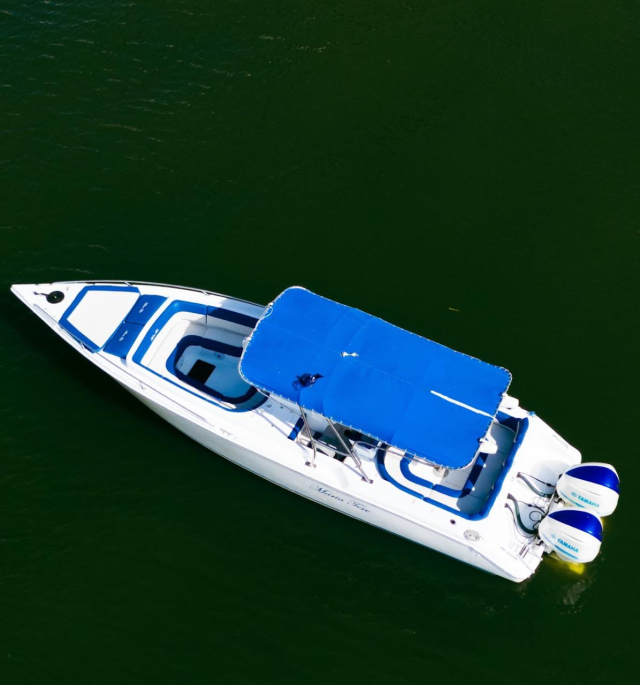Buying a boat is an exciting and significant decision, whether you're just starting out in the boating world or are a seasoned sailor looking to expand your fleet. However, when it comes to investing, one of the most common questions arises: should you opt for a new boat or a second-hand one? Both options have advantages and challenges that depend on factors such as budget, the purpose of the boat, and the buyer's personal preferences.
Choosing between a new or used boat is not just about price , but also about the experience you want to have. A new boat promises cutting-edge technology, fuel efficiency, and a manufacturer's warranty, while a second-hand boat may offer the opportunity to access larger or more equipped models at a reduced cost. But what about maintenance, depreciation, and possible hidden defects? These aspects play a crucial role in the final decision. Before making a decision, it is essential to evaluate your priorities . Do you prefer the peace of mind of having a boat in perfect condition, or are you willing to invest time and resources in refurbishing a used one? This analysis will not only help you choose what suits you best, but will also allow you to enjoy your experience on the water to the fullest.
You may also be interested in: Recommendations for buying a boat
Advantages of buying a new boat

Choosing a new boat is a decision that combines comfort, innovation and peace of mind. One of the main advantages is the advanced technology that these vessels usually incorporate. From state-of-the-art navigation systems to more efficient and environmentally friendly engines, new boats are designed to offer a more comfortable and safer boating experience. In addition, new boats include manufacturer warranties that cover mechanical or structural defects during the first few years, significantly reducing the financial risks associated with maintenance. This support is especially valuable for those looking to minimize unpleasant surprises. On the other hand, the possibility of customizing the boat according to your preferences, such as colors, finishes and additional equipment, allows the final result to perfectly fit your needs.
Another important advantage is fuel efficiency and design. New models are often lighter, more aerodynamic and optimised to consume less fuel or energy. This not only reduces long-term operating costs, but also contributes to a lower environmental impact. However, these technological improvements come at a high initial cost that must be carefully considered.
You may also be interested in: The best boat brands to buy
Disadvantages of buying new boats

Despite their appeal, new boats do have some drawbacks that can influence your purchasing decision. One of the most significant is the high initial cost. These vessels often require a considerable investment, especially if they include advanced technological systems or custom designs. Depreciation is also a crucial factor. New boats tend to lose value quickly, especially in the first few years after purchase, which can represent a significant financial loss if you decide to sell it in the short term. In addition, the waiting time to receive a new boat can be long, especially if you opt for a custom model, which could delay your boating plans.
Finally, the costs associated with new boats, such as higher insurance and the specialized maintenance required for their advanced systems, can add up to expenses that are not always apparent at the time of purchase.
You may also be interested in: How much does it cost to maintain a boat?
Benefits of second-hand boats

Second-hand boats represent an affordable and versatile option for those who want to enter the nautical world without making an excessive investment. Their main advantage is the price, which is usually considerably lower than that of a new boat. This allows buyers to access larger, more luxurious or well-equipped models within a tight budget.
Another plus is the stability in resale value. Used boats have already gone through the stage of greatest depreciation, so their market price remains more constant. This can be a strategic advantage if you plan to sell it in the future or exchange it for another model.
The second-hand market also offers a wide variety of options, from classic boats to unique models that are no longer in production. This opens up the possibility of finding a boat with particular characteristics that suit your tastes. However, to make the most of this advantage, it is essential to carry out thorough inspections and, if possible, to have the advice of an expert.
You may also be interested in: Complete guide to buying your first boat
Disadvantages of second-hand boats

Second-hand boats, while affordable, have specific challenges that need to be considered. One of the biggest risks is the possibility of hidden defects. These can include structural problems, engine failures, or systems that require costly repairs. A cursory inspection might not reveal these defects, so a thorough check-up by a professional is advisable. Another drawback is the natural wear and tear that these boats experience over time. This can translate into higher maintenance costs, as older components may need frequent replacement or adjustments. Additionally, some used models may not meet current environmental regulations, which could limit their use in certain areas or require costly adaptations.
Finally, the offer on the second-hand market can be limited in terms of availability of specific models. This means that you may have to make compromises in terms of design, size or equipment, which may not fully meet your expectations.
We invite you to take a look at other articles at: https://yate.co/en/blog


